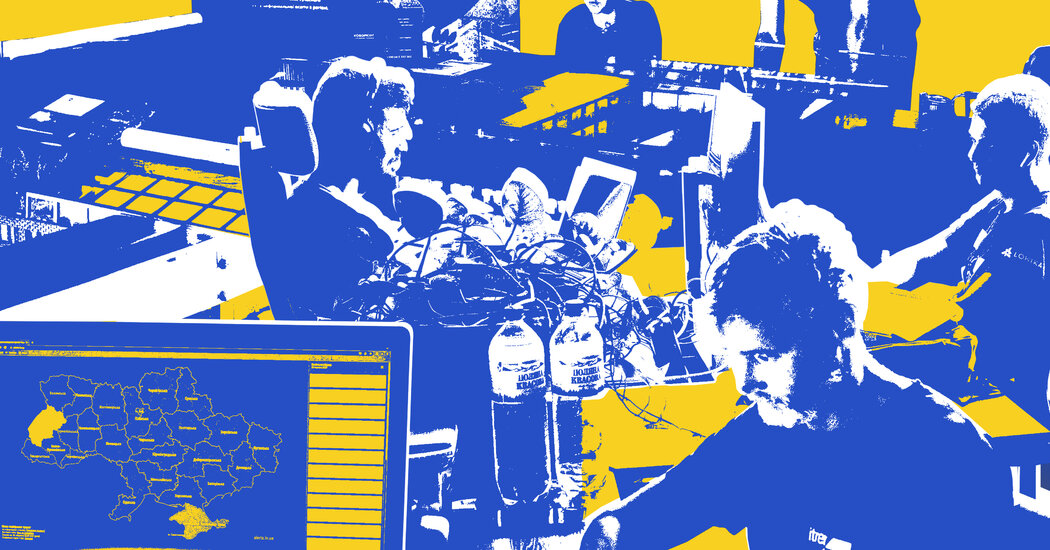
“What’s really frustrating are the clients who work with Russian companies and aren’t willing to change,” Ms. Hameliak said. “I try to be polite.”
The corruption problem
Last year, the Corruption Perceptions Index published by Transparency International ranked Ukraine as the second-most-corrupt country in Europe, behind Russia. For years, a small group of oligarchs owned a huge swath of the economy, and bribery was commonplace. As bad, a shadow economy of unreported transactions has long eroded the tax base. Four years ago, the Kyiv International Institute of Sociology estimated that 47 percent of Ukraine’s gross domestic product was essentially invisible to the government.
The situation is improving, many executives here say, as more companies vie for contracts in the international economy, where integrity is more highly prized. But young entrepreneurs understand that, before the war turned the country into a symbol of resistance, it had an image problem. And there was no point in waiting for the government to fix it, or even provide basic social services, like a safety net. People here live on what they earn or they don’t retire, or they live in misery.
Staffs understood that companies were at risk of hemorrhaging customers and would disappear if they could not prove that they were every bit as viable as they were the day before hostilities began. Plus, focusing on work was a good way to ignore unfolding horrors.
“We felt a lot of emotions, and most of them were pretty negative,” said Illia Shevchenko, a Ukrainian manager at EPAM Systems, a digital product design company that is based in Pennsylvania and has offices around Ukraine. “The best way to distract yourself from these emotions is to work. There’s a specific task. You sit down and think about it.”
Mr. Shevchenko was speaking over a video call from a small bedroom in an apartment in Kremenchuk, where his wife and two children moved soon after Kharkiv, their former hometown, was attacked. He wore a red T-shirt with an illustration of Einstein on it, and gave a tour of his new office that lasted about six seconds. He lifted his laptop and pointed it at the tiny table and chair where he now works.






